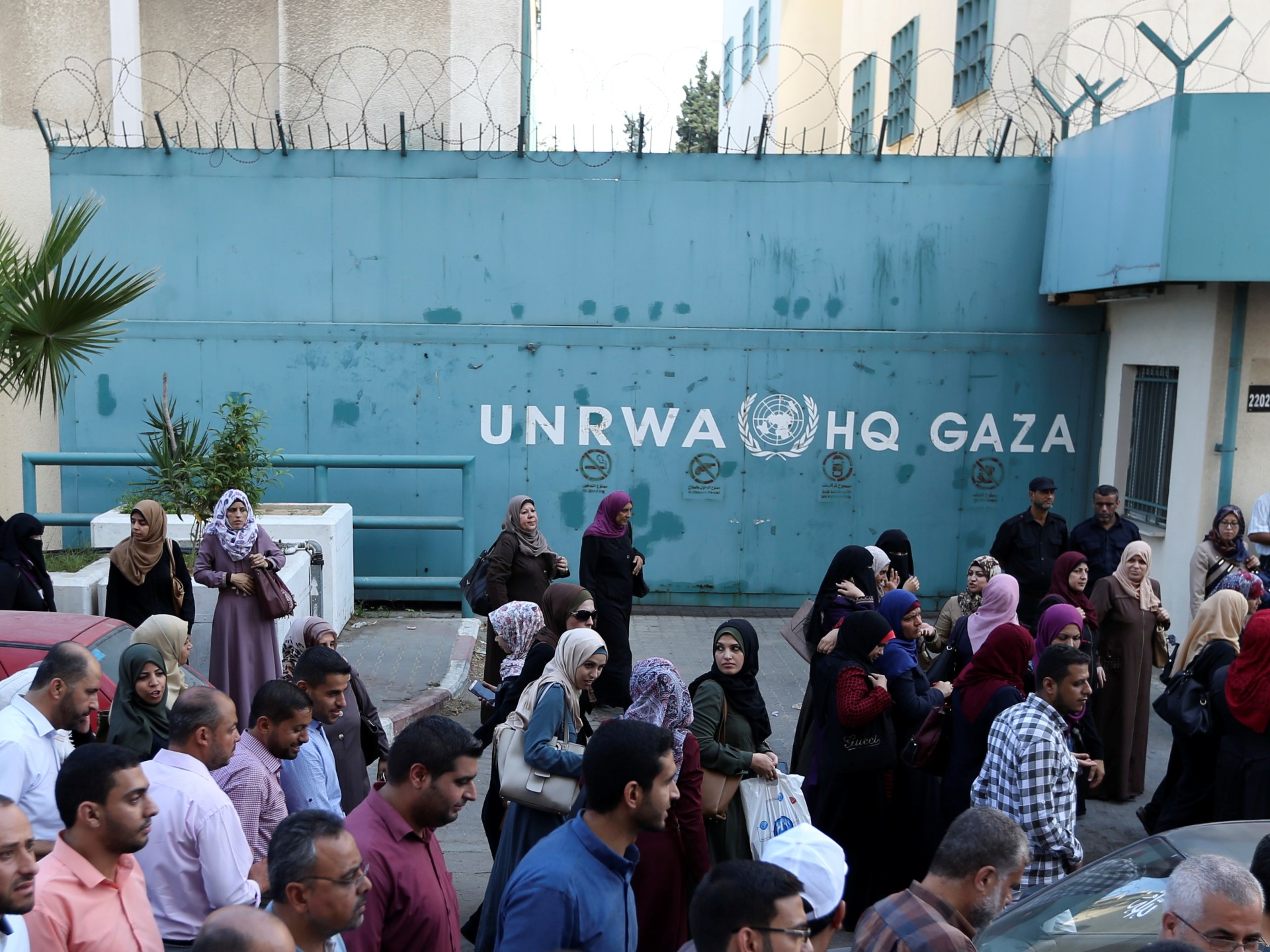Issam Al Mughrabi, 56, who worked for the United Nations Development Programme (UNDP) for three decades was killed along with his wife and children in an Israeli air strike on Friday.
“For almost 30 years, Issam has worked with UNDP through our Programme of Assistance to the Palestinian People,” UNDP administrator Achim Steiner said in a statement.
“The loss of Issam and his family has deeply affected us all. The UN and civilians in Gaza are not a target.”
Offering his condolences to Issam’s family and colleagues the World Health Organization’s chief Tedros Adhanom Ghebreyesus stressed in a post on X that “humanitarians should never be victims” and called for a ceasefire.



Quo custodiat ipsos custodiae? - Who watches the watchers?
It seems to me that if you’re running a propaganda operation, setting up a centralized entity telling us all what newsmedia is trustworthy or not is an obvious play to manipulate people.
Merely adding one level of delegation to “trust” doesn’t make something more or less trustworthy: some guys you know nothing about but what they (and the very people they say are trustworthy) tell us themselves, and who go around telling us who to trust and who not to trust, aren’t inherently trustworthy (in fact that’s an extra suspicious behaviour) - why should you trust them if you have no way to verify they’re both honest AND genuinelly competent at evaluating trustworthiness?
(PS: In the business of passing judgement on Trust merelly honesty is not eough - all of us know of somebody who is a good honest person and yet on Facebook keeps sharing obvious bullshit: they genuinelly believe it hence they’re honest in what they share, only they’re gullible so their flawed judgment on what they believe in means they’ll believe any old bollocks and then spread it with total honesty).
Trustworthiness is not an easy-peasy to solve “lets rely on these guys who just popped up on the Internet to tell us which news media to trust or not” and don’t at all ponder on the possible motivations and funding for that specific op - all this does did was add another link of uncertainty not solve the trust problem, and, worse, it’s a centralized one (a newspaper can only be or not be trustworthy, whilst these guys if they’re dishonest or incompetent actors can impact the preceived thrustworthiness of hundreds of newspapers) which makes it a much more desirable position for a propagandist.